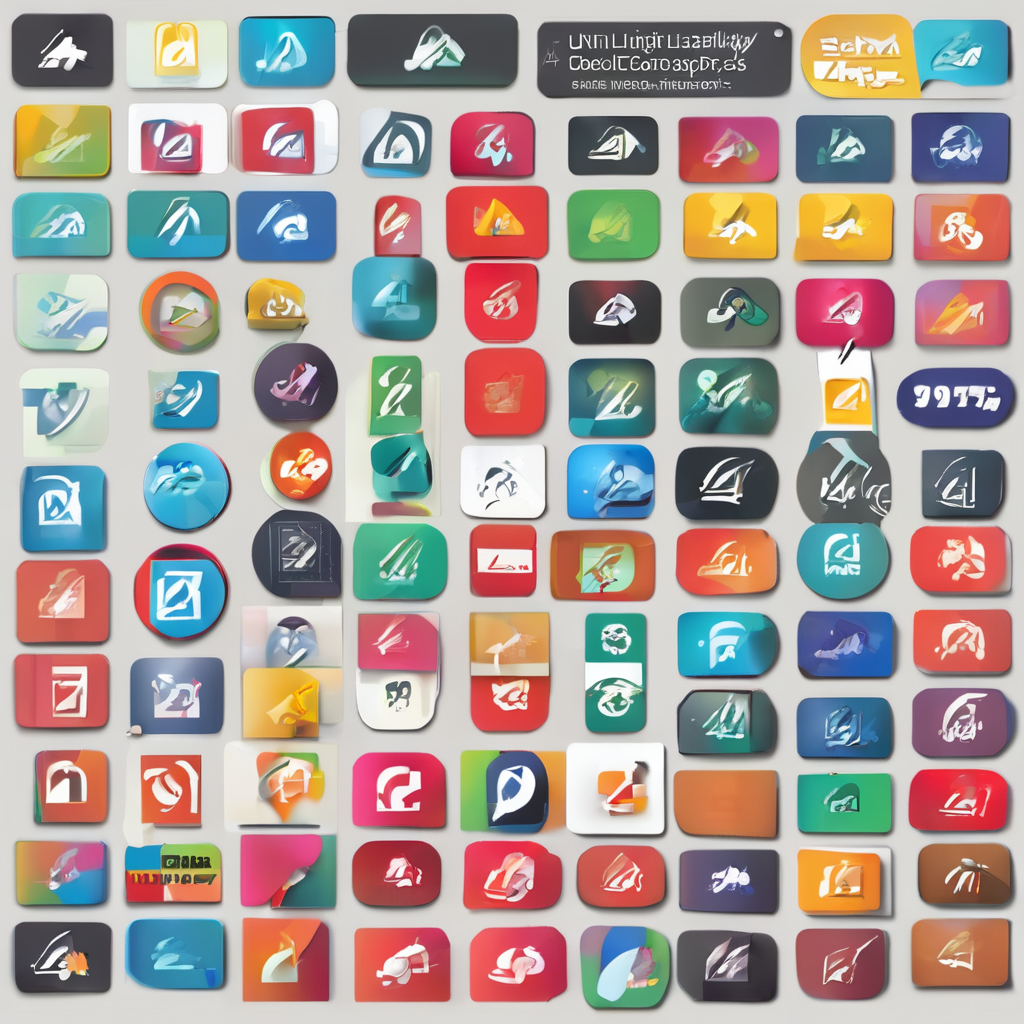The rise of technology in UK automotive customer service
The UK automotive industry is witnessing a significant surge in the adoption of automotive customer service technology. This shift is driven by both customer expectations and competitive pressures, encouraging dealerships and aftersales teams to integrate digital tools that enhance service quality and convenience. Increasingly, online booking systems, real-time vehicle updates, and interactive communications are becoming standard features within sales and service workflows.
Technology adoption across the UK automotive sector is accelerating due to the desire to provide seamless customer experiences. Modern customers expect swift responses, easy scheduling, and transparent service processes. This expectation pushes businesses to prioritize digital transformation, ensuring they keep pace with evolving demands.
This might interest you : How Are UK-Based Automakers Adapting to Sustainability Trends?
Dealerships leveraging innovative technologies can better manage customer interactions and streamline operations. Digital tools such as automated messaging and customer data platforms assist in tailoring services, making the customer journey more personalized. The result is improved efficiency and customer loyalty—key priorities in today’s competitive UK automotive marketplace.
Role of Technology in UK Automotive Customer Service
Technology in automotive customer service is reshaping the way the UK automotive industry upgrades its operations. Digital transformation plays a pivotal role in meeting rising customer expectations and aligning with evolving industry standards. Modern customers demand quick, transparent interactions, which challenges service providers to adopt innovative solutions swiftly.
Topic to read : How Will Emerging Technologies Transform the Future of UK Automotive?
Key drivers for adopting technology in automotive customer service include improving response times, offering convenience through online platforms, and personalizing service experiences. These factors push dealerships and service centres to invest in integrated digital tools that facilitate seamless communication and service management.
Customer service trends show a clear preference for digital channels, such as online booking systems and real-time updates, which reflect broader shifts in consumer behaviour. Additionally, the competitive pressure within the UK automotive industry upgrades fuels continuous innovation to maintain customer loyalty and operational agility.
Embracing technology in automotive customer service not only satisfies customer needs but also establishes a new standard of excellence. Providers are thus compelled to continually adapt, ensuring their services are both efficient and aligned with modern digital expectations.
Role of Technology in UK Automotive Customer Service
Technology in automotive customer service is fundamentally transforming how the UK automotive industry upgrades its customer interactions. This digital transformation enables providers to enhance responsiveness and transparency, which aligns with evolving customer service trends demanding swift, convenient, and personalised service channels.
Key drivers for adopting this technology include the necessity to meet rising customer expectations and comply with modern industry standards. As clients increasingly prefer digital communication platforms, UK automotive service providers must implement solutions such as online portals, automated messages, and real-time updates. This shift not only streamlines workflows but also elevates the quality of customer engagement.
Moreover, technology in automotive customer service supports the sector’s ability to adapt quickly in a competitive market. By leveraging data analytics and integrated communication tools, automotive companies can predict needs and tailor services, fostering loyalty and operational agility. The role of technology here is thus indispensable for companies aiming to maintain strong customer relationships while efficiently managing resources in one of the UK’s most dynamic industries.
Role of Technology in UK Automotive Customer Service
Technology in automotive customer service is fundamentally transforming customer interaction within the UK automotive industry upgrades. Providers are adopting digital transformation tools to meet rising customer expectations for speed, transparency, and personalised experiences. These expectations align closely with current customer service trends favouring quick, convenient communication and service access.
Key drivers for adopting technology in automotive customer service include the necessity to improve responsiveness while maintaining compliance with evolving industry standards. UK automotive service providers are increasingly integrating online portals, real-time updates, and automated messaging systems to facilitate seamless interactions. This shift not only enhances efficiency but also builds stronger customer trust by ensuring clear communication throughout every stage of the service journey.
Moreover, the digital transformation aids in addressing competitive pressures by enabling service centres to predict customer needs via data analytics. This proactive approach tailors solutions, supporting loyalty and operational agility. Recognising these factors helps to understand why technology in automotive customer service is now essential for companies aiming to excel in the UK automotive industry upgrades landscape.
Role of Technology in UK Automotive Customer Service
Technology in automotive customer service is revolutionising how the UK automotive industry upgrades its interaction models. Digital transformation here isn’t just a buzzword—it actively responds to evolving customer service trends by enabling faster, more transparent, and personalised engagements. UK service providers adopt technology driven by the need to meet heightened customer expectations and align with regulatory and competitive standards.
Key drivers for integrating technology include improving efficiency, ensuring convenience, and maintaining trust. Customers today demand rapid responses via digital channels, pushing dealerships and service centres to implement tools such as online booking platforms, automated notifications, and real-time vehicle updates. This integration enhances communication flow and simplifies complex service processes.
Moreover, the UK automotive industry upgrades are about more than technology alone; they reflect a commitment to evolving service delivery. By leveraging customer data responsibly, businesses tailor their approaches to individual needs, creating a seamless and satisfying experience. Thus, technology in automotive customer service shapes not only how services are delivered but also how relationships between providers and customers develop and sustain over time.
Role of Technology in UK Automotive Customer Service
Technology in automotive customer service is radically changing how the UK automotive industry upgrades customer interactions. This digital transformation enables service providers to meet rising customer expectations for rapid, transparent, and personalised communication. Businesses now rely on integrated platforms offering online access and real-time updates to streamline workflows and improve engagement.
Key drivers for adopting technology include the necessity to enhance responsiveness while aligning with evolving industry standards. Customers demand convenience, such as quick online booking and timely service notifications, encouraging providers to implement advanced tools. These technologies also facilitate regulatory compliance through accurate digital records and systematic reporting.
Furthermore, customer service trends show a clear shift toward data-driven approaches. Service centres harness analytics to anticipate needs, tailor experiences, and build long-term loyalty. This proactive use of technology supports operational agility while satisfying modern customer requirements. In summary, technology’s role in automotive customer service is essential for businesses aiming to thrive amid growing competition and changing consumer preferences.
Role of Technology in UK Automotive Customer Service
Technology in automotive customer service is fundamentally reshaping how the UK automotive industry upgrades its customer interaction models. The ongoing digital transformation enables providers to meet evolving customer service trends that demand faster, more transparent, and highly personalised experiences.
A key driver behind adopting technology in automotive customer service is the rising expectation for convenience and responsiveness. Customers increasingly prefer digital tools that allow seamless scheduling and real-time updates, which compel UK service providers to implement integrated platforms that improve communication flow. Aligning with industry standards and compliance regulations also motivates this shift toward digital solutions.
Additionally, technology adoption supports operational agility by using data to anticipate customer needs and deliver tailored service. Integrating automated messaging, online booking, and vehicle diagnostics enhances customer satisfaction while maintaining efficiency. These developments highlight how technology elevates service quality, reinforces transparency, and ultimately strengthens loyalty within the competitive landscape of UK automotive industry upgrades.
Role of Technology in UK Automotive Customer Service
Technology in automotive customer service is fundamentally reshaping how the UK automotive industry upgrades its customer interactions. This digital transformation addresses the clear shift in customer service trends toward faster, more transparent, and personalised communication methods. Customers now expect seamless digital experiences, prompting providers to adopt technologies that streamline messaging, scheduling, and service updates.
Key drivers for this transition include rising customer expectations for convenience and responsiveness, as well as the need to comply with evolving industry standards that demand enhanced transparency and record-keeping. UK automotive providers integrate solutions such as online portals and automated notifications to meet these demands efficiently.
Furthermore, technology enables data-driven insights that empower service centres to anticipate individual customer needs, tailoring service offerings and fostering loyalty. This proactive approach not only improves operational agility but also strengthens trust by ensuring accurate, timely communication throughout the service journey. Thus, technology in automotive customer service is essential for meeting contemporary challenges while supporting the industry’s ongoing upgrades.

